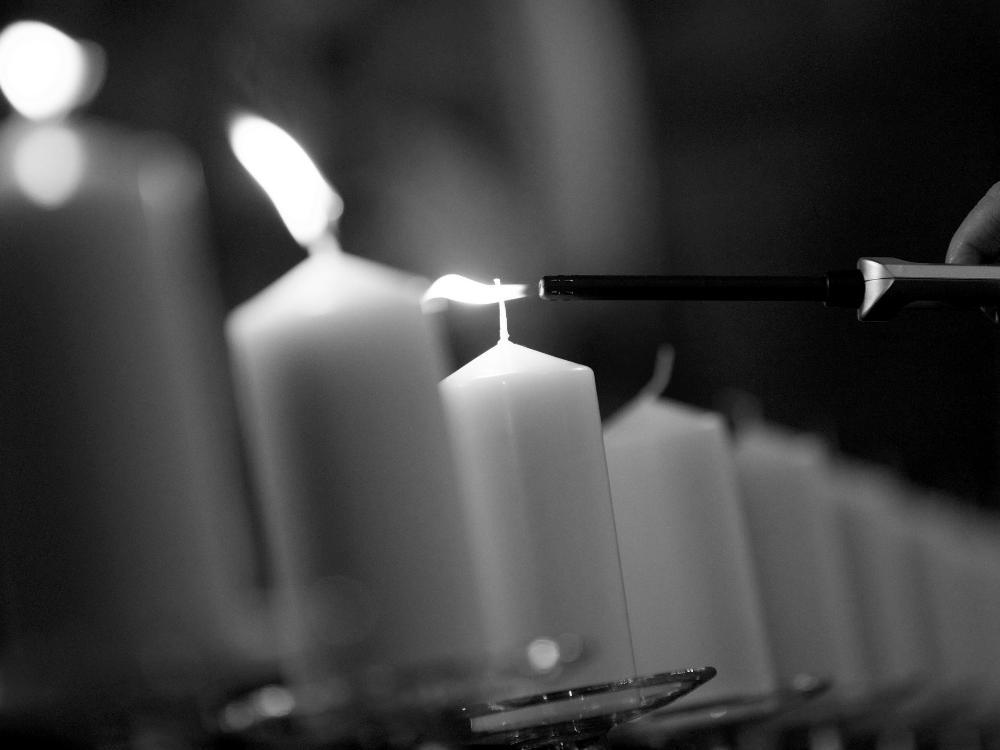Fans rally for Irish coaching legend 'Don Patricio'

An unmarked grave in London is all that is left to remember an Irish football coach cherished by British, Irish and Spanish supporters who are grouping together to raise funds for a new memorial.
The man known as 'Don Patricio' to a legion of Real Betis and Barcelona fans was born Patrick O'Connell in 1887 and went on to coach Barca during the Spanish Civil War -- the toughest period in the club's history.
O'Connell's story is one of extremes.
At the dawn of professional football, he achieved glory but abandoned a family in Ireland, formed a new one in Spain, and died poor in London in 1959.
"Patrick O'Connell was, in my opinion, an enigma. He had brilliant success in his career, but always had a dark side," Mike O'Connell, his grandson, told AFP.
The coach lived out his final years at his brother's home in London after spending three decades in Spain, where he worked for Racing Santander, Real Oviedo, Real Betis, Barcelona and Sevilla.
He is better remembered in Spain than in Ireland or Britain, where he is buried in St Mary's Cemetery in a dilapidated tomb in west London.
Decades after his death, fans have joined forces to restore the tomb and build him a monument in Belfast in Northern Ireland, where he got a start in club football playing for Belfast Celtic.
O'Connell went on to become the first Irish player to captain English giants Manchester United.
He also played for the Irish national team, winning the British Home Championship of 1914, before Ireland's independence from Britain in 1916.
"We hope that this campaign will both raise awareness and also build a memorial befitting his football achievements," said Fergus Dowd, an Irishman and one of the organisers of the Patrick O'Connell Fund (www.pocfund.com).
Dowd and his fellow campaigners get shirts signed by major players past and present -- Johan Cruyff, Franz Beckenbauer, Paolo Maldini and Andrea Pirlo, among others -- and auction them.
His idea is to celebrate an event in each city linked to O'Connell's career. Real Betis, now in Spain's second division, have been heavily involved.
The Seville club paid tribute to their former coach in December in a match against Racing Santander, 80 years after a 5-0 win against the same team won Betis the league title.
"Betis fans know who O'Connell is," said Julio Jimenez Heras, communications director for the club.
"The new generations of fans do not remember players from that team, but they know who O'Connell was.
"He was a man who liked the streets, who grew fond of the city. He had a very nice phrase about Seville -- the city 'where people live as if they were to die tonight'".
In 1935, O'Connell took the reins of Barcelona, signed by club president Josep Sunol.
"The Civil War surprised O'Connell as head of the team, with whom he toured throughout the Americas, and at the end of the war he was ostracised by the Francoist authorities," Barcelona say on their website.
Most of the players stayed in Mexico and the United States, but O'Connell returned and coached the team until 1940.
By then he had stopped sending money to his Irish family, who had not heard from him in a long time.
On June 12, 1949, Spain played in Dublin, said Sue O'Connell, the wife of his grandson, Mike.
His son Daniel "went to visit the Spaniards after the game, pretending to be a distant relative, and asked for him", she added.
They knew him and told him that he lived in Seville.
"Times were hard in 1950. Daniel took a year to save money and went to Spain, to Seville," said Sue, who is looking to publish a book that she has written about her husband's grandfather.
"He found his father. But they did not get along... Although afterwards Dan joked, it hurt him."
O'Connell never divorced but got married again in Spain to an Irish woman.
Descendants of his first family said they were "proud" of their relative.
Remembering family meals, Sue said: "It was strange, because he was not there, but they could not stop talking about it."





